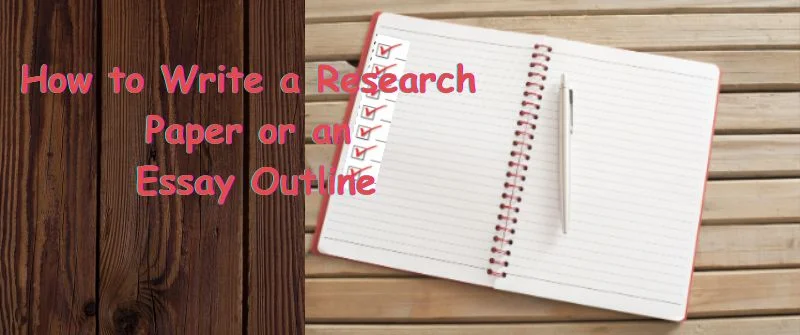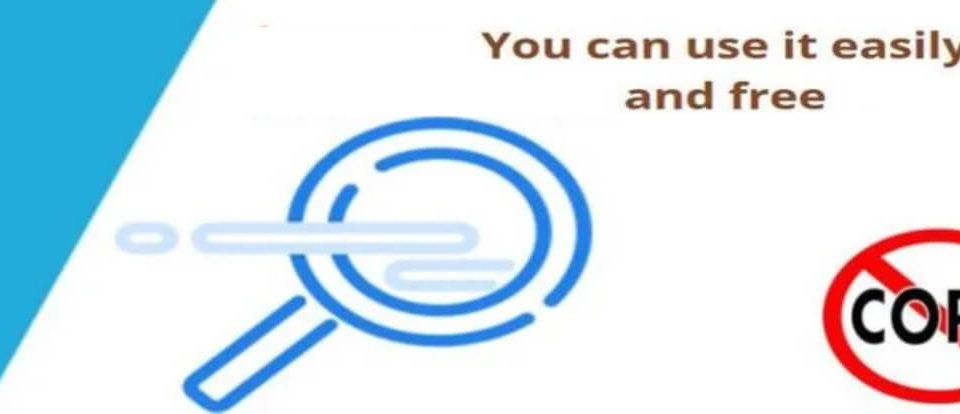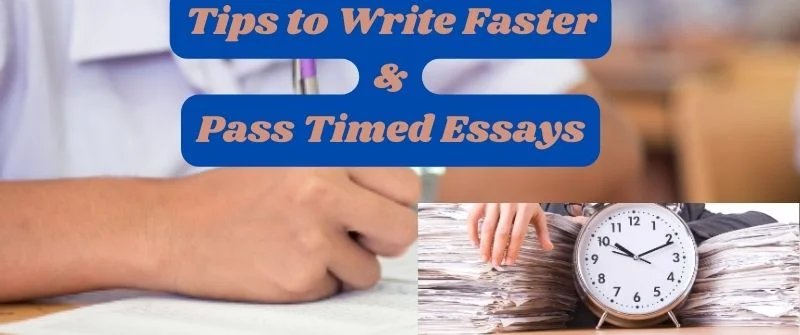Is Plagiarism Illegal? Offense in School, College or the US
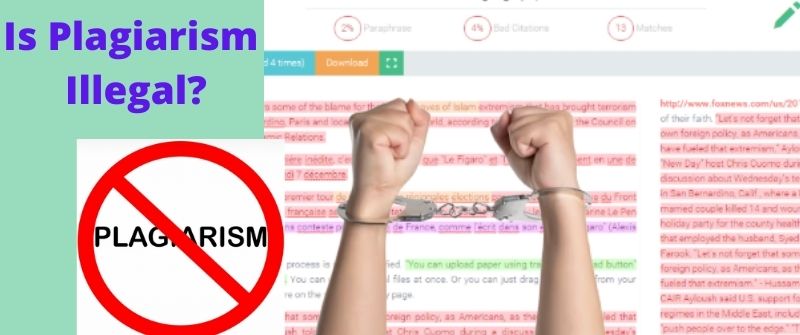
When it comes to the illegality or legality of plagiarism, there are some things or parameters to be considered to determine it. This is because there are some instances when plagiarism is considered illegal and can be punishable by law while other instances are not considered illegal.
This article will explore whether plagiarism is illegal and the instances when it can be considered illegal or legal. Also, the article will explore the laws that address the issue of plagiarism and copyright.
Avoid plagiarism. Let us write your Essays?
What is Plagiarism
Before exploring whether plagiarism is illegal, it is important first to define what plagiarism is. Plagiarism can be regarded as the act of representing another writer or author’s thoughts, language, expressions, and/or ideas as your original work. At least, this is the general or legal context of plagiarism.
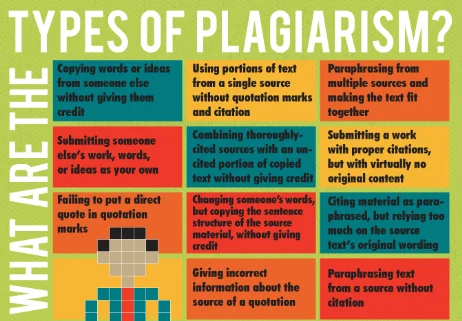
Concerning academic or educational contexts, the definitions of what the term stands for may vary depending on the institution.
While this is the case, plagiarism is still considered a journalistic breach of ethics and a violation of academic integrity.
If a student plagiarizes their work, they can be liable to suspension, academic penalties, expulsion from the institution, fines, and incarceration in extreme plagiarism cases.
Is Plagiarism Illegal?
Now, is plagiarism illegal? The answer to this question is quite debatable. While plagiarism is not a crime in itself, counterfeiting fraud is illegal and punishable by law due to copyright infringement.
General plagiarism is not illegal because in most cases, it does not lead to infringement of the rights of the owner of the sourced information. However, plagiarism becomes illegal when it violates copyright laws or leads to an undue financial advantage by copying someone’s content.
As aforementioned, plagiarism is the act of taking someone else’s work or ideas and passing them off as your own. As such, this act is considered counterfeiting hence the reason why it becomes illegal.
Plagiarism is also illegal because it is a violation of moral rights. Moral rights are the rights that creators of copyrighted works have as per the jurisdictions of civil law and some jurisdictions of common law to a lesser extent.
Moral rights ensure that an author has the right to have their work published pseudonymously or anonymously, the right of attribution, and the right to their work’s integrity.
Moral rights allow the author to retain and maintain the integrity of their work by objecting to any form of alteration, manipulation, or distortion because it is “detrimental to the reputation and/or honor of the author”.
Moral rights ensure that the author retains the moral rights to their work even when they have given the copyright rights of their work to a third party.
Is Plagiarism Illegal in School or College?
The answer to this question is also not very straightforward. Plagiarism in school is completely illegal in educational or academic settings such as school/college.
Plagiarism in school or in college is not illegal because it does not directly infringe on the copyright laws or rights of the owner of the information being copied. This is because college plagiarism is practiced for academic reasons that do not necessarily lead to financial gains. However, it violates the school code of conduct and breaks academic honor.
From an academic perspective, plagiarism is the use of another author or writer’s concepts, ideas, structures, or words without acknowledging the owner appropriately. This is different from seeking permission from the owner.
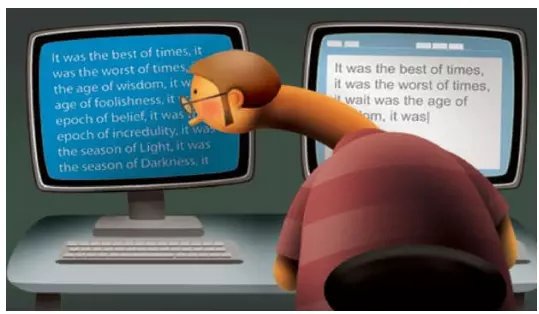
Plagiarism in school or in college occurs when a student does not cite the source or copy directly.
There are various forms of plagiarism that make the act illegal in school/college.
Those forms are classified from a behavioral approach to determine the actions of the plagiarists.
The most prevalent forms of plagiarism committed by students in academic contexts include:
From the aforementioned, it is apparent that plagiarism is illegal in school/college settings. There are various consequences that a student may face after plagiarizing their work. Those include:
1. Destruction of Student Reputation
When a student is caught plagiarizing, the institution has the right to suspend or expel them completely. In this case, the student’s academic record reflects an ethics offense.
This can create a situation where the student is barred from entering any other school or college. Many educational institutions have created academic integrity committees whose main purpose is to police students.
To avoid some of these issues, students rephrase the copied content. However, paraphrasing is also plagiarism if it is not well done or well-cited and referenced.
You can get non-plagiarized papers from our expert essay writers to avoid such situations. This will avoid any risks of having practiced plagiarism illegality in college.
2. Destruction of Academic Reputation
If you are a student and your dream is to become an academician as in the case of a lecturer or professor, once your academic record has been tainted as a plagiarizer, then your academic career can be destroyed.
Since publishing works in a particular discipline is integral in academic careers, you will be barred from publishing anything.
3. Legal Repercussions
This occurs when plagiarism is considered a breach of copyright laws. If you use another writer’s works or ideas without acknowledging them, they have a right to sue you. If you are taken to court, face criminal charges, and be imprisoned.
4. Monetary Repercussions
When the owner of the plagiarized work sues you, the court may decide to grant them monetary restitution. Even if you are a student, you are required to pay the original author the required fee.
Get a Brilliant Essay today!
Let our essay writing experts help you get that A in your next essay. Place your order today, and you will enjoy the benefits.
Instances when Plagiarism is Not Illegal
As aforementioned, there are some instances when plagiarism is not illegal. Since not all infringements of copyright are considered plagiarism, then not all plagiarism is considered infringement.
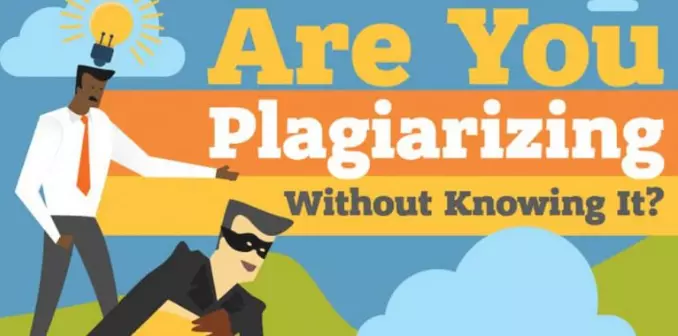
A person can legally commit plagiarism in instances when:
1. Works are Within the Public Domain
When works are within the public domain because their copyright has expired, then you can plagiarize them without the fear of facing legal repercussions.
The reason for this is because the copyright that is supposed to protect the work from being “stolen” has expired and it cannot be used in court.
At the same time, the author of the original work cannot pursue any legal action based on expired copyright.
2. Works are Non-Copyrightable
Some creative works do not qualify to be protected by copyright. These include works done by the US government and other national governments globally, fashion designs, and creative concepts that do not have a tangible way of expression. Others include titles and ideas.
3. Works have Non-Infringing Use
At times, some works are copyrightable and not within the public domain. However, their use may be non-infringing as in the case when a small portion of the work is used. In this case, plagiarism is considered legal.
Instances when Plagiarism becomes Illegal
Though there are instances when plagiarism can be considered legal, it is considered illegal in most instances. This is because most authors expect their intellectual property to be attributed.
After all, they have put in a lot of hard work to produce it. Failing to do so is a breach of ethical rights hence the reason why it is considered illegal. Such instances include:
Laws that Address Plagiarism and Copyright
Various laws address plagiarism and copyright. In the United States, any work that was created after March 1st, 1989 is automatically protected even when the work does not have a notice of copyright attached to it. This is according to Section 17 of the U.S. Constitution, Sub-section 102, 401, and 405.
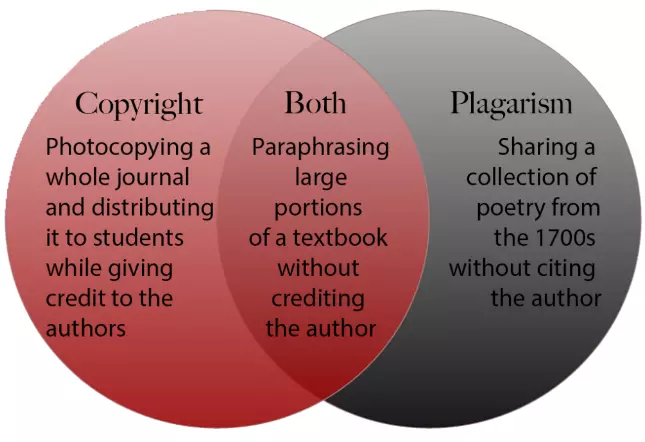
Even though the person who commits the act of plagiarism adds some original material on top of the plagiarized work, they cannot be excused from facing legal action if the owner sues them.
Furthermore, anyone who commits plagiarism is considered fraud because the plagiarist knows that the work does not belong to them yet they take ownership of the work.
The Protect IP Act or the PIPA Law is meant to protect original digital works from being counterfeited or copied.
The Stop Online Piracy Act or the SOPA Law is meant to allow US law enforcement to fight online trafficking of counterfeit works and copyrighted intellectual property such as papers, books, journals, and so on.
Finally, unfair competition and trademark law are meant to protect scholars’ works. For example, researchers and professors are promoted, hired, receive tenure, or get salary increase based on the significance of their publications (the number of times their work has been cited).
As such, if you don’t cite them and you have used their work, you deprive them of their benefits hence they can sue you under 15 USC, Section 1125, Sub-Section 2, 3(b), 5 (1995).

Josh Jasen or JJ as we fondly call him, is a senior academic editor at Grade Bees in charge of the writing department. When not managing complex essays and academic writing tasks, Josh is busy advising students on how to pass assignments. In his spare time, he loves playing football or walking with his dog around the park.


